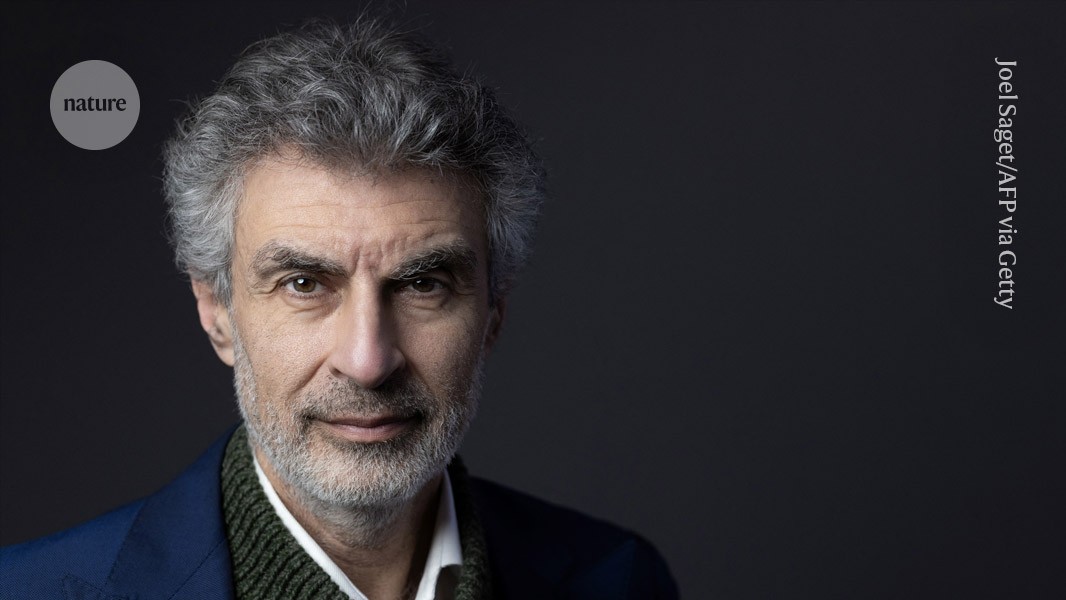
"Yoshua Bengio is a computer scientist at the University of Montreal in Canada. In 2019, he won an A. M. Turing Award - considered the most prestigious honour in computer science - for pioneering the 'deep learning' techniques that are now making artificial intelligence (AI) ubiquitous. Last month, he also became the first person to top 1 million citations on Google Scholar."
"Bengio has since turned his focus to exploring the risks posed by AI. He chairs an international panel of advisors in this field, which includes representatives from 30 countries, the European Union, the OECD and the United Nations. The group issued the International scientific report on the safety of advanced AI earlier this year. Nature met with Bengio in London to talk about the potential and pitfalls of the technology he helped to invent."
"Is that the attention technique at the heart of a 2017 paper from Google researchers that introduced transformers - the technique that became the "T" in ChatGPT? Yes, but I would mention also another paper, which doesn't get nearly as much attention - and that's the work on curriculum learning, in which a machine is trained by feeding it data in a particular order rather than at random. It has become the standard way of doing things. The inspiration for me was learning in animals."
Yoshua Bengio is a computer scientist at the University of Montreal and a 2019 A. M. Turing Award laureate for pioneering deep learning. He recently became the first person to top one million citations on Google Scholar. Bengio has shifted his focus toward examining risks posed by advanced AI and chairs an international advisory panel including representatives from 30 countries, the European Union, the OECD and the United Nations. The panel issued an international scientific report on the safety of advanced AI. Bengio cites early work on attention mechanisms and curriculum learning as influential, and identifies the release of ChatGPT in November 2022 as a turning point for urgent concern about dangerous trajectories.
Read at Nature
Unable to calculate read time
Collection
[
|
...
]